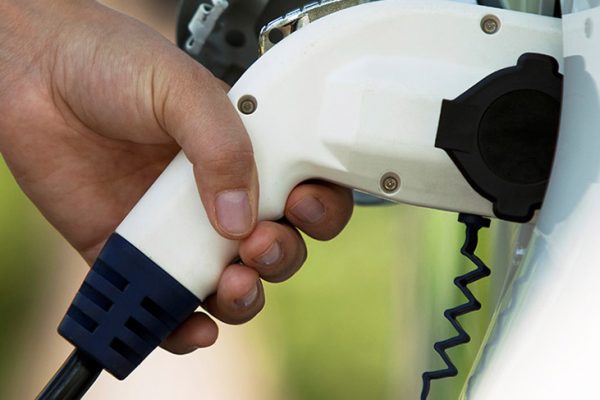OCTOPUS Electric Vehicles has launched a new leasing service – Electric Dreams – offering 100% electric salary sacrifice schemes, to offer employees savings as they switch to clean green driving.
Similar to the popular cycle-to-work scheme, employers can give their staff a highly valuable benefit that is also good for the planet. Drivers already signed up are saving an average of £14,445 over three years, by sacrificing some pre-tax salary in return for a brand new electric car.
The benefit is made possible due to incredibly low Benefit in Kind (BiK) tax rates on electric cars, which is just 1% for tax year 2021-22, and 2% for the three years following.
In April 2020, the UK government eliminated BIK for drivers using an EV, instantly making leasing an EV through workplace salary sacrifice schemes incredibly attractive. Previously, 16% BIK tax was applied to the vehicle and by comparison, combustion vehicles are still subject to an average of 27% BIK tax when using salary sacrifice, making them far less financially attractive.
Salary sacrifice is the same system employees use for cycle to work schemes, enabling them to pay from their gross salary, saving on both national insurance and income tax. Combining salary sacrifice and 0% BIK typically cuts monthly leasing payments by 30-40%. From today, BIK for EVs increases to a still negligible 1%.
Appointed Representative Opportunities with Wessex Fleet
Have you thought about growing your broker business? Are you looking for opportunities for growth? Then why not consider joining Wessex Fleet as an Appointed Representative?
Keeping you on the move with leasing solutions tailored to your needs
Leasys is the proud Contract Hire partner of the Stellantis brands, offering mobility solutions from medium and long-term rentals to management systems for company fleets.We work with Brokers to support all their customers requirements.
Accelerate your business with QV Systems & Leaselink
Unlock unparalleled efficiency in vehicle procurement with QV Systems’ Accelerate, now seamlessly integrated with Ebbon Automotive’s Leaselink. Tailored for brokers and funders, this integration streamlines the entire process from quote to delivery, empowering you to effortlessly source and order vehicles for your clients.
Octopus has designed its scheme to be low effort and zero cost for a business to set up. From launch, Octopus experts are available to help employees choose their cars and get set up with charge points and EV energy tariffs; as well as support the business with scheme documents, approvals and payroll.
Fiona Howarth, CEO of Octopus Electric Vehicles, said: “Businesses and employees across the UK are searching for ways to do their bit for the environment. We have seen a seven-fold jump in salary sacrifice enquiries in the last year. If businesses in the UK introduce a scheme like this, they have the power to significantly reduce transport emissions across the UK by 2030.”
How Electric Dreams works:
In return for a single monthly sacrifice tax-free from their gross salary, each employee who orders an EV will benefit from:
- A fully insured and maintained EV
- Access to EV Specialists to help them through their journey
- Zero deposit or upfront costs
- Additional government and council incentives including grants and waived congestion fees
- 90% lower ‘fuel’ costs vs petrol or diesel cars
- If ordering before July, drivers will also receive a free smart home charge point, fully installed by the Octopus Energy Services team.
- If taking home energy from Octopus Energy, drivers also receive enough free renewable electricity to drive 8,000 miles – equivalent to the average UK driver’s mileage for an entire year.
A number of companies are already live on the scheme, including Huel and Purplebricks, making it available to 1,491 employees across the UK.
James McMaster, CEO at Huel, said: “We’re not the sort of company that would go with a traditional car scheme. Being able to offer something that promotes cleaner transport has been a real benefit to helping our team live our mission of a more sustainable world – they are amazed at what a brilliant deal this is.”
Businesses of all sizes are eligible for the Octopus Electric Vehicles scheme, in contrast to some schemes which are only available to large employers.
Drivers ordering before July will get a smart home charge point installed for free. And those with Octopus Energy will receive enough free renewable energy to drive 8,000 miles, enough to power the average UK driver for a year.



















